Physical Address
304 North Cardinal St.
Dorchester Center, MA 02124
Physical Address
304 North Cardinal St.
Dorchester Center, MA 02124
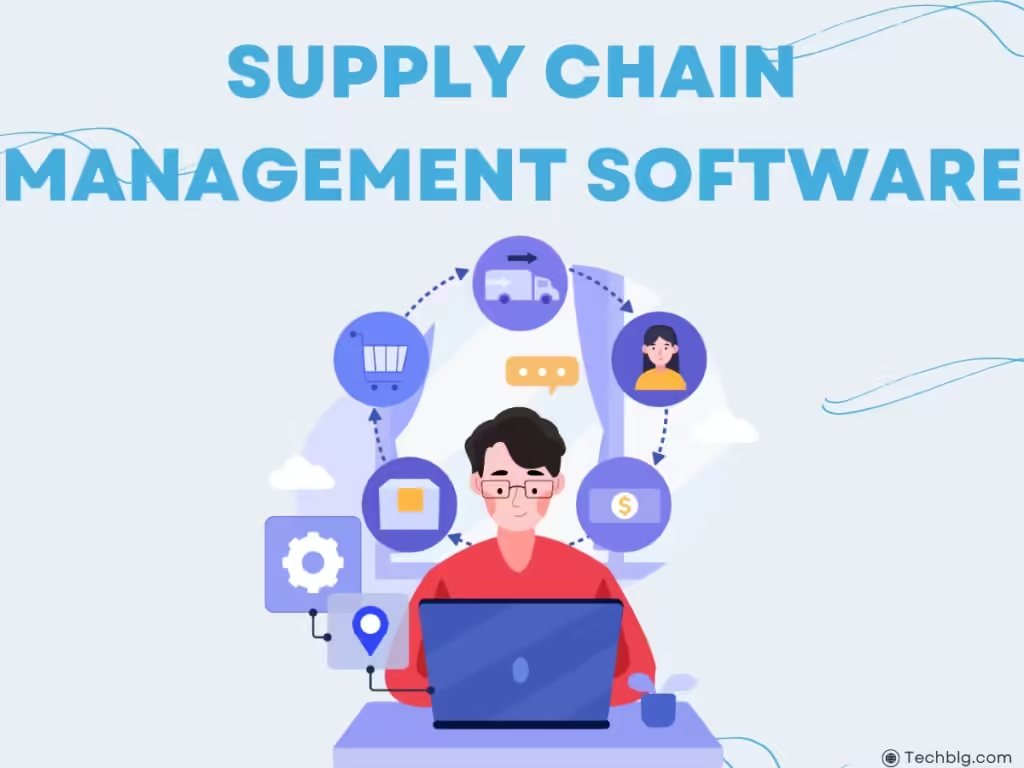
Choosing the best supply chain management software can significantly enhance the efficiency of your operations, reduce costs, and increase profitability. In this article, we will explore five top SCM software solutions, detailing their features, pricing, and pros and cons. We will also provide insights into what questions businesses should ask when choosing an SCM platform.
In today’s highly competitive business landscape, having an efficient supply chain is crucial for success. For companies, especially those involved in manufacturing, logistics, and retail, the right tools can make or break operations. Supply chain management software (SCM software) is designed to streamline these processes, helping businesses manage the flow of goods, information, and finances from suppliers to end customers.
Supply chain management software helps businesses track inventory, manage suppliers, forecast demand, optimize logistics, and ensure timely delivery. SCM systems not only streamline day-to-day operations but also provide real-time visibility into all aspects of the supply chain. Here are some of the key reasons why businesses need SCM software:
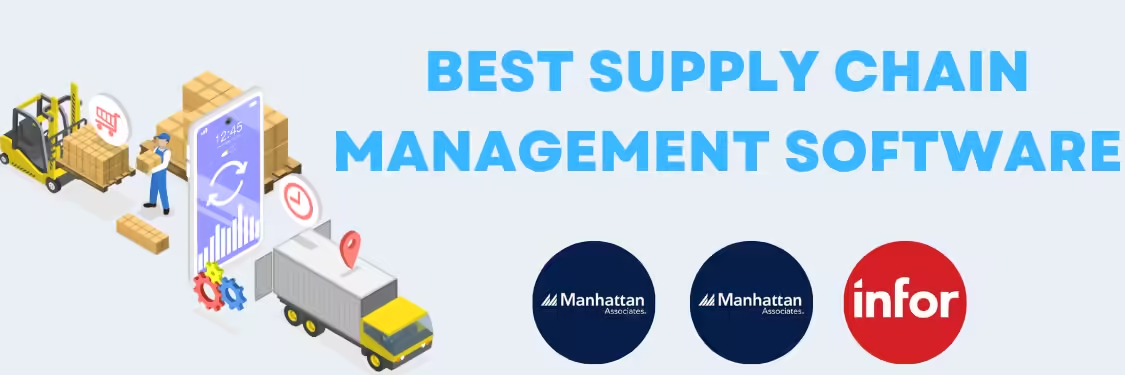
When managing complex operations, having the best Supply Chain Management Software can make a huge difference. Top solutions like SAP Integrated Business Planning (SAP IBP), Oracle SCM Cloud, Infor Nexus, JDA (Blue Yonder), and Manhattan Associates stand out for their robust features, such as demand forecasting, inventory management, and real-time visibility. These platforms streamline logistics, enhance supplier relationships, and optimize workflows, helping businesses of all sizes improve efficiency and reduce costs across the entire supply chain process.
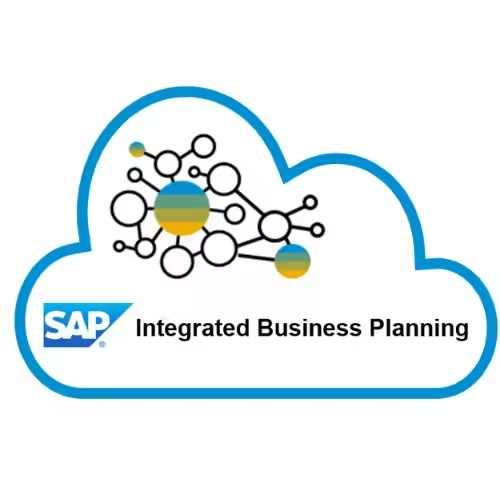
Overview: SAP IBP is a comprehensive supply chain management software offering robust tools for demand planning, supply chain monitoring, and analytics. It’s ideal for large enterprises that require in-depth data insights and seamless integration with other SAP modules.
Key Features:
Pricing: Custom pricing (based on enterprise size and specific requirements)
| Pros | Cons |
|---|---|
| Comprehensive set of features for large enterprises | Expensive for small and mid-sized businesses |
| Advanced demand forecasting tools | Steep learning curve |
| Seamless integration with other SAP products | Requires significant IT resources for implementation |
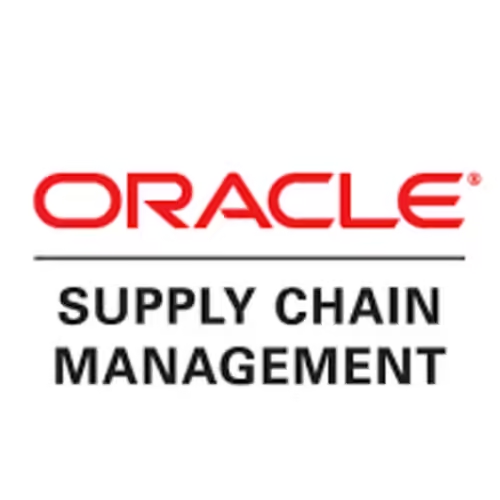
Overview: Oracle SCM Cloud offers end-to-end supply chain management features, covering everything from procurement and manufacturing to logistics and product lifecycle management. With a user-friendly cloud-based platform, it supports businesses of all sizes, though it’s particularly suited to medium and large enterprises.
Key Features:
Pricing: Custom pricing, depending on business needs
| Pros | Cons |
|---|---|
| Scalable solution for businesses of all sizes | High initial cost |
| Comprehensive set of features | Can be complex to set up and customize |
| Advanced analytics and AI capabilities | Requires strong IT support and expertise |
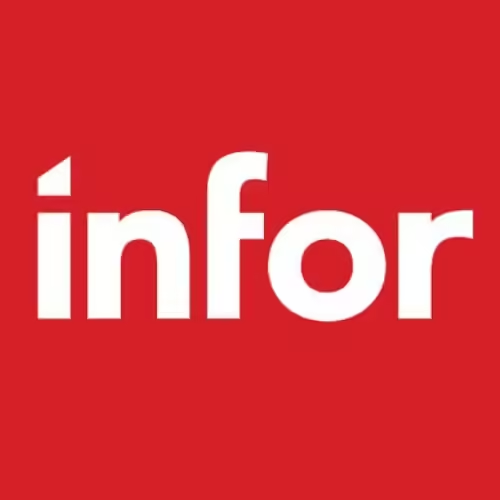
Overview: Infor Nexus is a global supply chain management platform offering real-time visibility into supply chain processes. It integrates with various third-party applications and provides tools for supplier management, order processing, and shipment tracking.
Key Features:
Pricing: Custom pricing based on specific business needs
| Pros | Cons |
|---|---|
| Strong real-time visibility tools | Limited customization options |
| Great for managing global supply chains | Can be expensive for smaller businesses |
| Integration with third-party logistics providers | Steeper learning curve for beginners |

Overview: JDA, now rebranded as Blue Yonder, is a leading SCM software that provides comprehensive solutions for supply chain planning, execution, and logistics. The platform leverages AI and machine learning to improve decision-making and operational efficiency.
Key Features:
Pricing: Custom pricing based on business size and needs
| Pros | Cons |
|---|---|
| AI-driven insights for better decision-making | Costly for small businesses |
| Comprehensive warehouse and transportation tools | Requires a strong IT infrastructure for full utilization |
| Advanced analytics and reporting capabilities | Complex for businesses without IT expertise |

Overview: Manhattan Associates is a robust supply chain management software that focuses on inventory management, warehousing, and distribution. It’s ideal for businesses that need powerful logistics management tools and seamless integration with e-commerce platforms.
Key Features:
Pricing: Custom pricing depending on the scope of use and business needs
| Pros | Cons |
|---|---|
| Excellent for managing complex logistics | More expensive than other options |
| Strong e-commerce integration | Features may be overkill for small businesses |
| Comprehensive labor and workforce management tools | Longer setup time for larger enterprises |
When evaluating different SCM software solutions, it’s essential to consider the unique needs of your business. Here are some factors to keep in mind:
SCM software helps businesses manage the entire flow of goods, services, and information from supplier to customer.
Effective SCM reduces operational costs, improves efficiency, and enhances customer satisfaction.
SAP IBP and Oracle SCM Cloud are ideal for large enterprises due to their comprehensive features and scalability.
Yes, small businesses can use tools like Infor Nexus to improve supplier relationships and optimize inventory.
Cloud-based solutions offer more flexibility, scalability, and lower upfront costs compared to on-premise systems.
SCM software tracks stock levels, forecasts demand, and optimizes inventory to prevent shortages and overstock.
AI helps automate demand forecasting, optimize logistics, and improve decision-making by analyzing large data sets.
Yes, most SCM tools integrate seamlessly with ERP systems for improved data flow and operational efficiency.
Hidden costs can include implementation, customization, training, and ongoing maintenance or upgrades.
Many providers offer free trials or demo versions, allowing businesses to test the system before committing.
Investing in the best supply chain management software is crucial for streamlining your operations, reducing costs, and enhancing customer satisfaction. Whether you’re a small business looking to improve supplier relationships or a large enterprise in need of advanced analytics, there’s an SCM tool that fits your needs. The five software solutions we’ve discussed—SAP IBP, Oracle SCM Cloud, Infor Nexus, JDA (Blue Yonder), and Manhattan Associates—each offer unique advantages tailored to different business sizes and industries.
As you evaluate which SCM platform is best for your business, also consider exploring related tools such as time tracking software for small business, Best Project Management Software, and Best Inventory Management Software to round out your business toolkit.